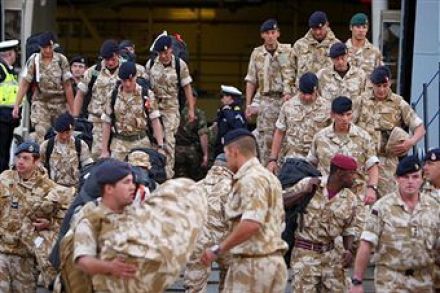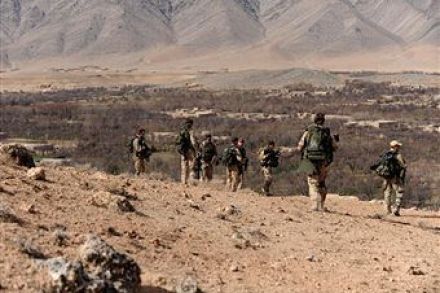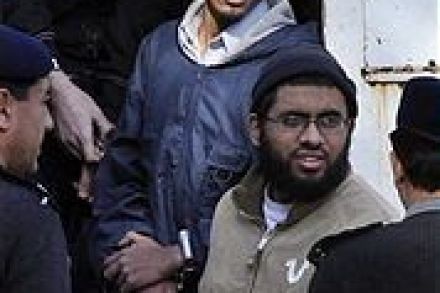Memo to Adam Boulton: It’s about detail
Since the last thing David Cameron is likely to do is surf the web for advice for tonight’s debate, Nick Clegg needs no help and Gordon Brown deserves none, I will give my (again, unsolicited but free) advice to Adam Boulton, the moderator of tonight’s Sky debate. Ask for details. The leaders have rehearsed top-level answers and can express them confidently and fluently. But we need to know if there is anything underneath the surface, beyond the well-crafted lines. Take Afghanistan. They will all say that the fight is important, that a well-resourced military effort is key but will not be enough and that a politico-economic strategy is needed. Gordon
















